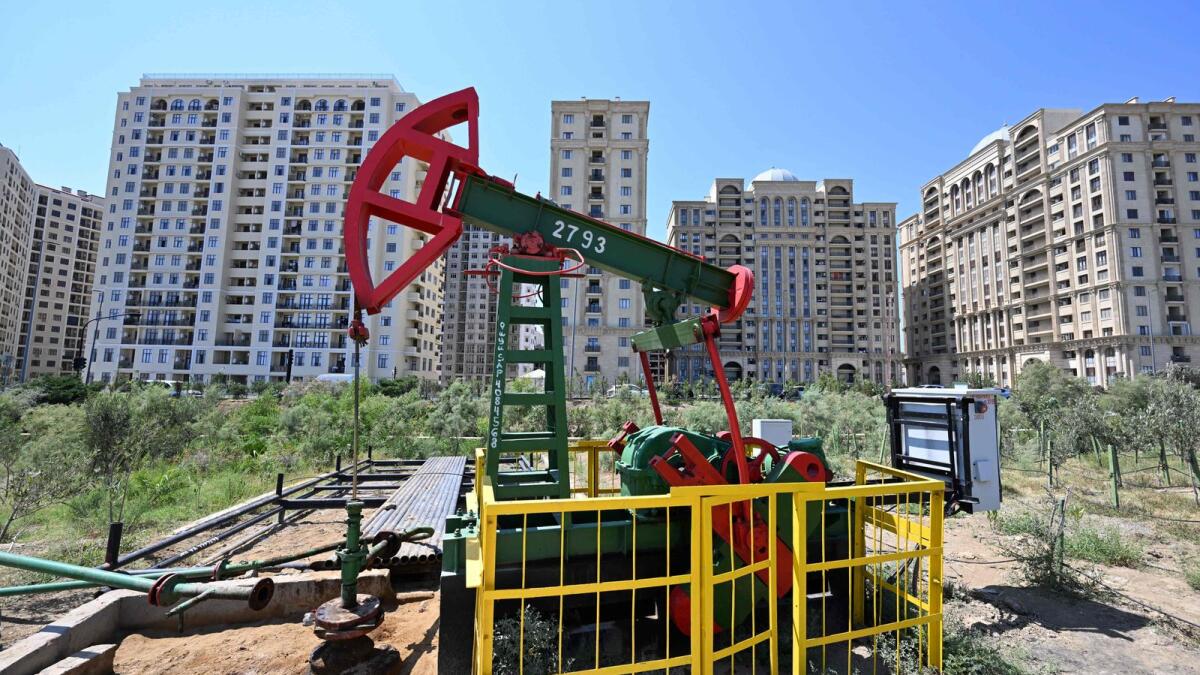The Land of Fire, Azerbaijan is home to vast oil and gas resources that have significantly influenced its history, culture, politics, and economy. The country’s abundant natural fires, such as the “burning mountain” Yanardag, are fueled by underground gas rising to the surface and ignited upon contact with oxygen. Azerbaijan’s oil deposits were discovered in the mid-19th century, making it one of the first places in the world to start commercial oil production. Since gaining independence from the Soviet Union in 1991, Azerbaijan has produced 1.05 billion tonnes of oil and is set to increase its natural gas production in the coming years.
Oil and gas production revenues make up a significant portion of Azerbaijan’s GDP and state budget. Azerbaijan’s oil revenues since 1991 have allowed the country to make substantial progress and development. The country’s capital, Baku, has transformed into a bustling metropolis with skyscrapers, seaside promenades, and modern architectural landmarks. Moreover, Azerbaijan has become a venue for major international events such as Eurovision, Euro 2020 football championship, and Formula 1 Grand Prix.
The country’s energy exports play a crucial role in Europe’s energy security, with about 75% of Azerbaijan’s energy exports going to European markets. In 2022, the European Commission signed a deal with Baku to double gas imports from the country. Azerbaijan’s share of gas supplies to Europe may reach 5% by 2033 and can meet the gas needs of several European countries. The country’s importance in ensuring Europe’s energy security has been acknowledged by experts.
Despite the economic benefits from oil and gas production, fossil fuel reserves in Azerbaijan are expected to be exhausted within a few decades. The government is making efforts to diversify its economy by developing other sectors such as technology, agriculture, and tourism. The country aims to increase renewable energy capacity to 30% by 2030 and reduce greenhouse gas emissions by 40% by 2050. Azerbaijan is also focusing on clean energy projects to reduce its carbon footprint and set its own green agenda.
However, Azerbaijan’s ambitious plans to expand energy production have raised concerns among environmentalists due to the expected increase in carbon dioxide emissions. Ahead of the COP29 climate conference, critics have highlighted the importance of ambitious climate finance and action over fossil fuel dependence. Greenpeace International’s head of delegation for COP29 emphasized the need for progress beyond oil and gas, urging for a stronger focus on climate-friendly initiatives. Azerbaijan officials have stated that the country is taking significant steps towards setting its own green agenda and transforming the region into a green energy zone.











